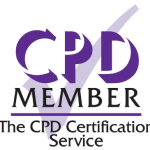The three elements are based on our long experience at The Mulberry Bush School of working with children who have experienced complex trauma and reflect our core values and approaches. The sessions provide the chance to understand and think about social, emotional, and cognitive developmental experiences which may impact on how children and young people manage the many and varied demands of school. Together they form the basis for working within a reflective, relational approach with children who have Social, Emotional and Mental Health needs.
At The Mulberry Bush we focus on understanding how children communicate their emotional needs through their behaviour, and we do this through a reflective, collaborative approach.
As well as the presentation there will be opportunities in each session for you to reflect on your own experiences when working alongside children and young people, and to share these with colleagues.
Upcoming Dates:

